
February 3, 2026

Social media and phone usage have become integral parts of our daily lives, but their influence on mental health is a growing concern. Studies have shown that excessive use of social media can lead to increased anxiety, depression, and feelings of loneliness. The constant comparison with others' curated lives can result in low self-esteem and body image issues (UC Davis Health, 2024). Moreover, the addictive nature of these platforms, driven by the release of dopamine, can exacerbate these mental health challenges (McLean Hospital, 2024).
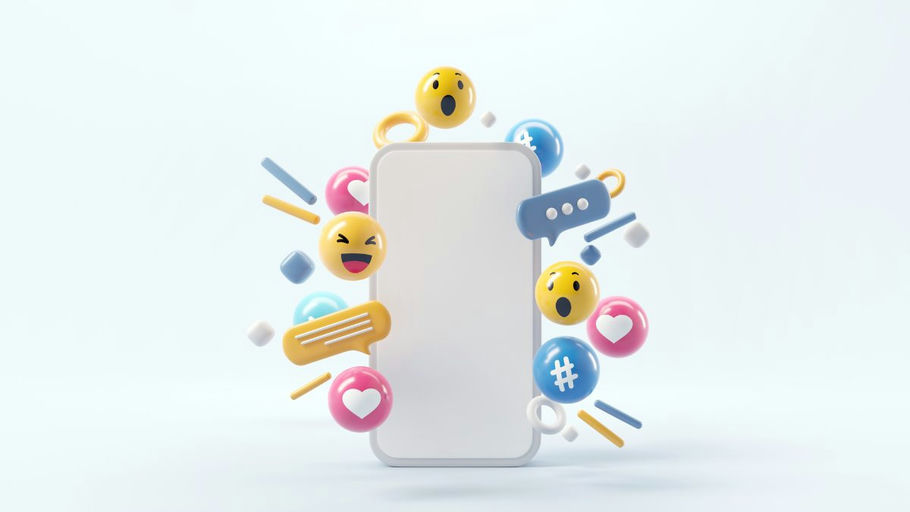
The dangers of phone usage extend beyond social media. Prolonged screen time, especially before bed, can disrupt sleep patterns, leading to poor sleep quality and increased stress levels (Therapy Brands, 2023). This can further contribute to mental fatigue and heightened anxiety. Additionally, the constant notifications and digital engagement can overstimulate the brain, making it difficult to focus and reducing productivity (Butler Hospital, 2023).
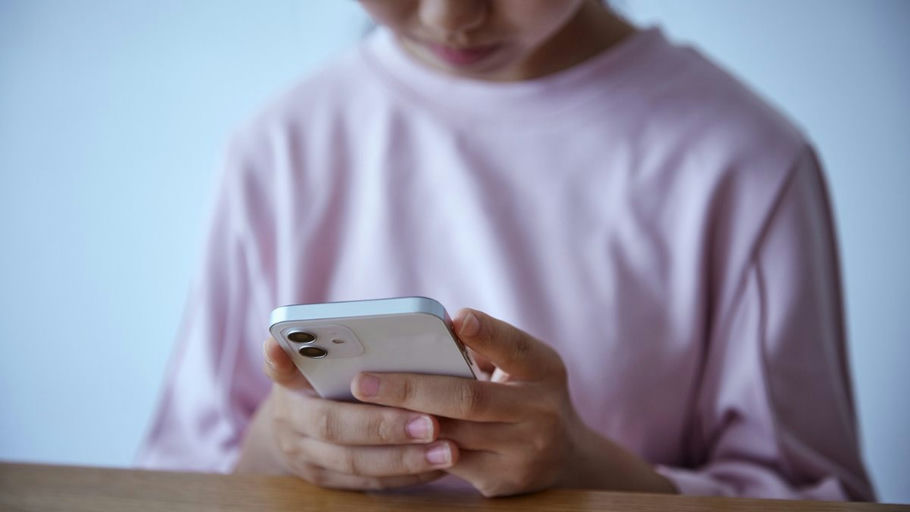
To prevent the negative influence of social media on mental health, it's important to set boundaries. Limiting screen time, turning off notifications, and designating phone-free hours can help reduce the impact. Engaging in offline activities and prioritizing real-world interactions can also mitigate the adverse effects (JED Foundation, 2024). It's crucial to be mindful of the content consumed and to seek support from friends, family, or mental health professionals when needed (UC Davis Health, 2024).

Building healthy habits around phone and social media usage involves intentional actions. Setting specific time limits for daily use, taking regular breaks, and focusing on meaningful connections rather than passive scrolling can foster a healthier relationship with technology (One Medical, 2024). By understanding the potential risks and implementing these strategies, individuals can protect their mental well-being while still enjoying the benefits of digital connectivity (NIH News in Health, 2022).
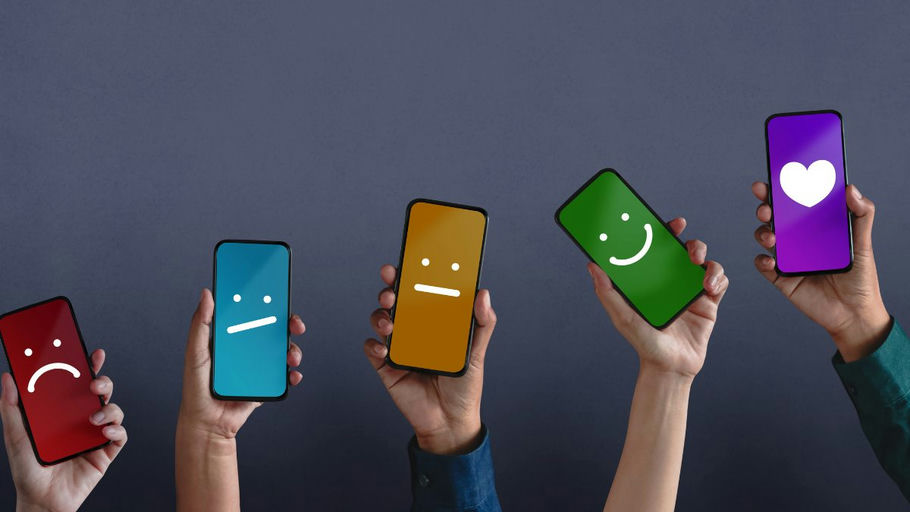


Stay up to date on our work, our awareness raising and advocacy efforts, our latest publications and of course, all our (sports) events by giving us a follow on social media or subscribing to our newsletter.
Stay up to date on our work, our awareness raising and advocacy efforts, our latest publications and of course, all our (sports) events by giving us a follow on social media or subscribing to our newsletter.

February 3, 2026
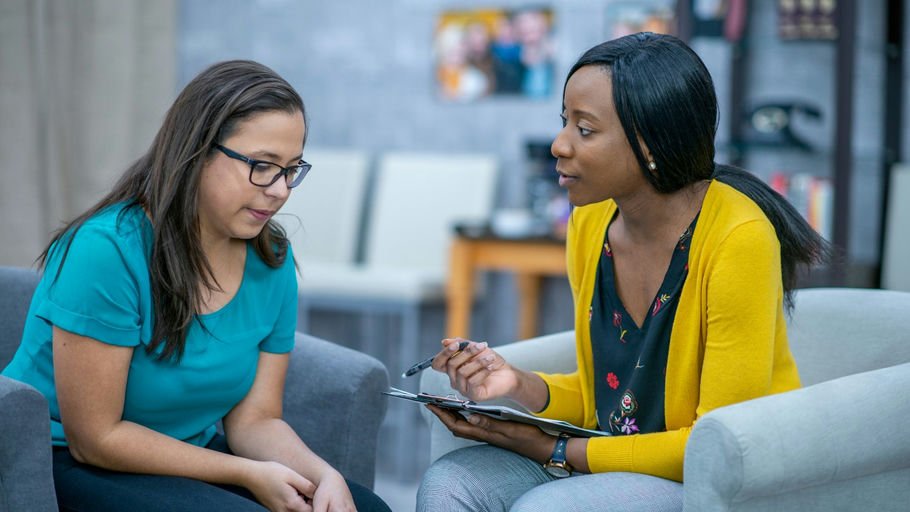
January 20, 2026

January 8, 2026

November 25, 2025

November 13, 2025
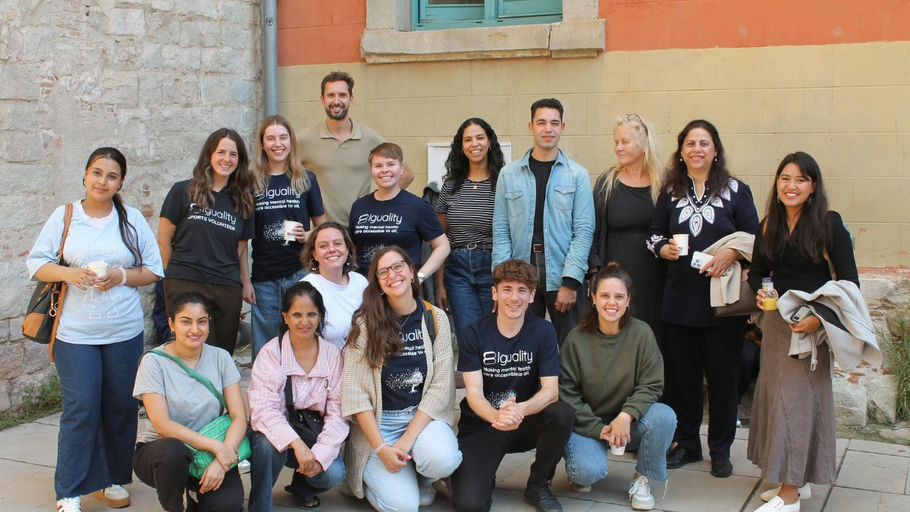
October 18, 2025